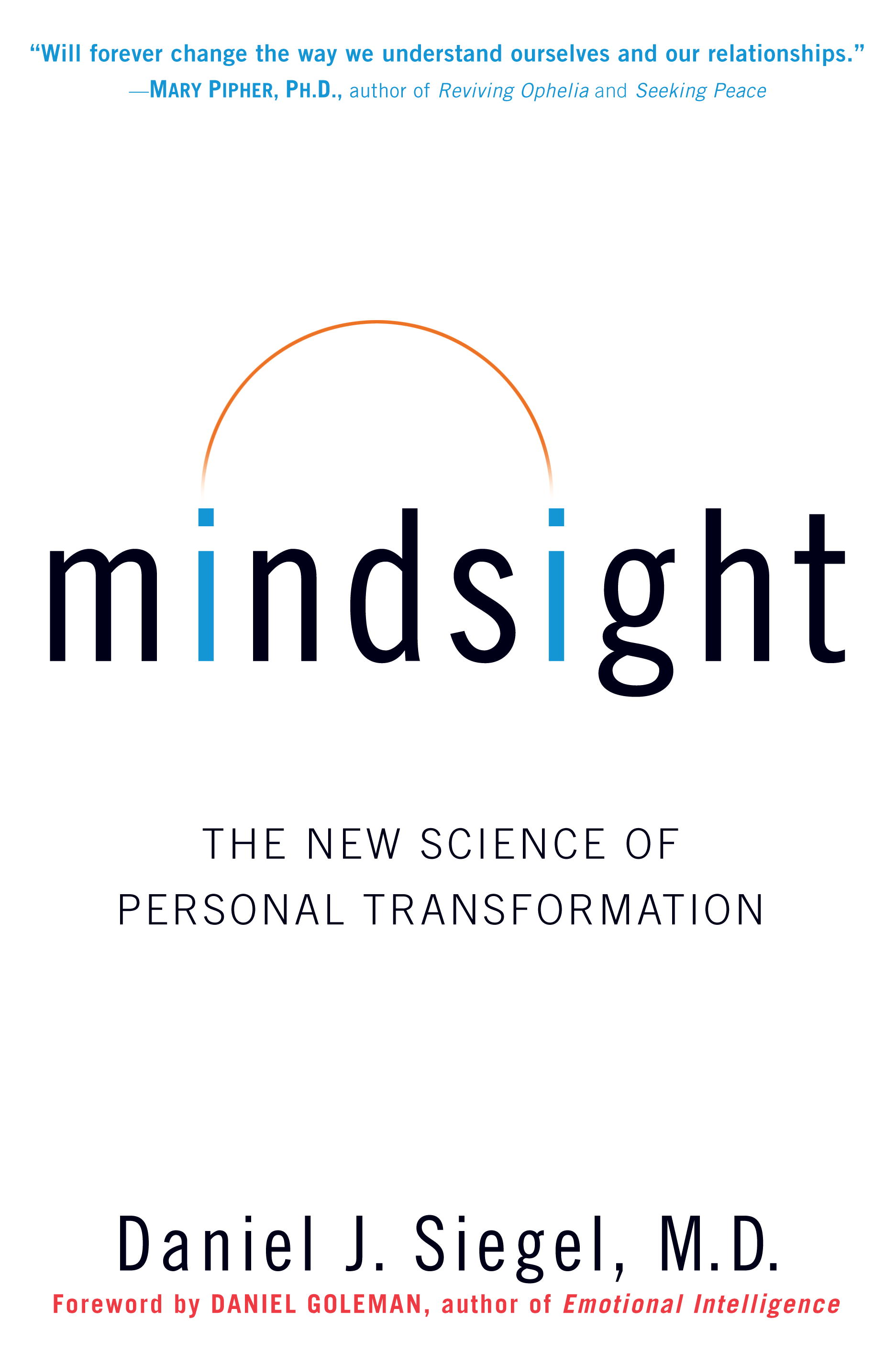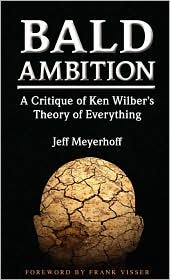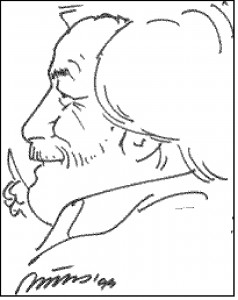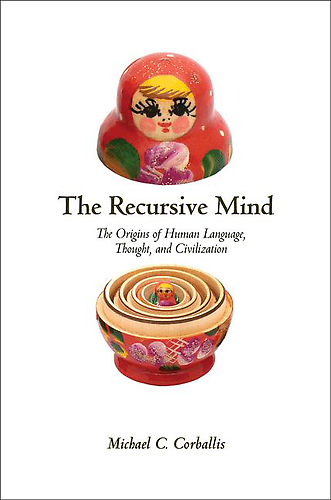I wonder if the author of the review has any awareness of the developmental framework.
Malcolm X: Criminal, Minister, Humanist, Martyr
By TOURÉ
Published: June 17, 2011
“His aura was too bright,” the poet Maya Angelou said of her first meeting with Malcolm X. “His masculine force affected me physically. A hot desert storm eddied around him and rushed to me, making my skin contract, and my pores slam shut.” Malcolm X had that same sort of bone-deep, visceral impact on America. He got under everyone’s skin — either in the sense that he seeped into your pores and transformed you the way the great love of your life does, or in the sense that he annoyed or scared the living hell out of you. There is no middle ground with Malcolm. If you hate him or distrust him, you should consider giving him another try: officers assigned to monitor the wiretaps on his phones sometimes ended up being flipped, because close listening led them to believe that his programs and philosophies were sensible and righteous and that law enforcement agencies should not have been working against him at all. And while Malcolm’s ideas changed America, his life journey has captivated us even more. He went from a petty criminal and drug user to a long-term prisoner to an influential minister to a separatist political activist to a humanist to a martyr. Throughout his life he continually grew upward, unafraid to challenge or refute what he believed, giving hope that any of us can rise above even our deepest convictions to become better people.MALCOLM X: A Life of Reinvention
By Manning Marable
Illustrated. 594 pp. Viking. $30.Related
- Excerpt: ‘Malcolm X’ (April 2, 2011)
- Link by Link: A Digital Critique of a Famous Autobiography (May 9, 2011)
- On Eve of Redefining Malcolm X, Biographer Dies (April 2, 2011)
- Manning Marable, Historian and Social Critic, Dies at 60 (April 2, 2011)
- Books of The Times: ‘Malcolm X: A Life of Reinvention’ by Manning Marable (April 8, 2011)
The prime document that has kept Malcolm’s story alive over the decades since his assassination in 1965 is “The Autobiography of Malcolm X.” That book has changed countless lives and made Malcolm a central influence on generations of black men who admire his force, his courage, his brilliance, and his way of merging the protean trickster and the bold intellectual activist and the inspiring preacher. But all autobiographies are, in part, lies. They rely on memory, which is notoriously fallible, and are shaped by self-image. They don’t really tell us who you are but whom you want the world to see you as. Did Malcolm X consciously lie in his autobiography? In some cases, yes — he wanted us to believe he was a bigger criminal than he actually was, so that his growth into a Nation of Islam figure would seem a much more dramatic change. He also wanted us to think it was a friend who did sexual things with another man and not Malcolm himself. Sometimes he just left out details that didn’t fit his political agenda or the literary agenda of his co-author, Alex Haley. Some of those choices were right for what they were creating.
For a more complete and unvarnished — yet still inspiring — version of Malcolm’s life, there’s “Malcolm X: A Life of Reinvention,” by the late Columbia scholar Manning Marable. It’s the product of more than 10 years of work and draws on Malcolm’s letters and diaries; the results of surveillance conducted by the Federal Bureau of Investigation and the New York Police Department; and interviews with Malcolm’s contemporaries, including Minister Louis Farrakhan, the Nation of Islam leader, whom Marable talked to for nine hours. Farrakhan has said that Malcolm was like “the father I never had.”
The loudest rumor before the book’s release was that it would shed light on Malcolm’s secret homosexual past. When he’s a young hustler, we find him apparently being paid to do things with one rich, older white man, but this moment is brief and anticlimactic and does not convey the impression that Malcolm was bisexual. Besides, there are far more titillating things in this book, which dives deep into Malcolm’s sex life. Marable obtained a letter Malcolm wrote in 1959 to Elijah Muhammad, then the leader of the Nation of Islam, in which he complains about his wife, Betty Shabazz: “At a time when I was going all out to keep her satisfied (sexually), one day she told me that we were incompatible sexually because I had never given her any real satisfaction.” Marable describes Malcolm as a virulent misogynist and a horribly neglectful husband who repeatedly got his wife pregnant, perhaps to keep her from making good on threats to cuckold him, and also made a habit of leaving for days or months immediately after the birth of each child.
That’s a Malcolm we all haven’t seen before. Meanwhile, the Malcolm we do know starts coming into view far earlier than expected, given that he’s known for metamorphosis. Born in Omaha in 1925, Malcolm was drilled as a child in the principles of Marcus Garvey — nationalism, separatism, Pan-Africanism, black pride, self-reliance, economic self-empowerment — by his parents, Earl and Louise Little. Malcolm’s father was a particularly powerful role model: a devoted Garveyite who in 1930s Michigan stood up for what was right for black people, even in the face of death threats, and then paid for his bravery with a gruesome end. The apple did not fall far at all. And as a young man working the streets of Harlem, Malcolm came to know most of the stars of ’40s jazz and absorbed their example, learning to use pace, tone and space in jazzlike ways and perhaps to become a sort of jazzman of the spoken word. “He lived the existence of an itinerant musician,” Marable writes, “traveling constantly from city to city, standing night after night on the stage, manipulating his melodic tenor voice as an instrument. He was consciously a performer, who presented himself as the vessel for conveying the anger and impatience the black masses felt.”
As Malcolm moved away from the insular religiosity of the Nation of Islam, which at the time counseled members not to vote, and into political issues, his relationship with Elijah Muhammad began to rupture. Many know that Muhammad’s womanizing — the married minister fathered children with several young women — was one cause of the break between them, but few know how close their sexual paths ran. Evelyn Williams, one of the most fascinating characters in the book, fell in love with Malcolm when he was a street hustler, then moved to Harlem and joined the Nation after he became a minister. Malcolm proposed to her but changed his mind days later. After he became engaged to Betty, Williams ran screaming from the mosque. She was soon sent to Chicago to work for Muhammad and later had his baby.
That must have been painful for Malcolm, but Marable does not cite Muhammad’s womanizing as the main reason Malcolm broke with the Nation. Instead, he points to an incident in Los Angeles in 1962, when police officers burst into a mosque and shot seven Nation members, killing one and paralyzing another. Malcolm moved to create a squad that would assassinate members of the Los Angeles Police Department, and when Muhammad vetoed that idea, Malcolm lost faith in him, wondering if he really cared about his people’s lives. Right there the bond was irreparably shattered. Later, Malcolm told Farrakhan, a protégé turned rival, about Muhammad’s affairs, a conversation Farrakhan said he would have to report to the minister. This set Malcolm’s death spiral in motion.
Malcolm saw the end coming months in advance. He said, “There are a lot of people after me. . . . They’re bound to get me.” He spoke of living like a man who was already dead. He survived narrowly several times and yet did nothing to insulate himself. He could’ve moved to Africa for a few years, could’ve used armed bodyguards, could’ve had the audiences at his rallies searched, could’ve carried a weapon. But he did nothing, even as his inner circle screamed that he needed protection. Some who were close to him wonder if Malcolm wanted to die or if he had embraced death as an inevitability. Marable names the men who killed Malcolm and describes his last moments in such excruciatingly visual detail that it could bring tears or cause nightmares. He makes it plain that Nation of Islam figures ordered the killing, planned it and carried it out, but he also speculates that both the man who ordered it and the man who fired the fatal shot may have been F.B.I. informants. Did the bureau have Malcolm killed? Did it stand by and knowingly let him be killed? Marable is unsure.
As the book reveals, the F.B.I. struggled with how to deal with Malcolm — i.e., how to discredit him — because he was so disciplined, so law-abiding and too smart to actually create the violence that would allow him to be arrested. Marable shows us Malcolm in Africa, watched by the F.B.I. and the C.I.A., and points out “the David-versus-Goliath dimension”: “Malcolm had few resources and was traveling without bodyguards, yet the attorney general and the F.B.I. director were so fearful of what he alone might accomplish that they searched for any plausible grounds to arrest and prosecute him upon his return.” Of course, they found nothing. Similarly, an exhaustive biographer combing through Malcolm’s days pulls away the curtain to show us the entirety of his life, and the emperor remains clothed. He has some failings, but Malcolm is still the empowering figure his autobiography showed us he was.



































